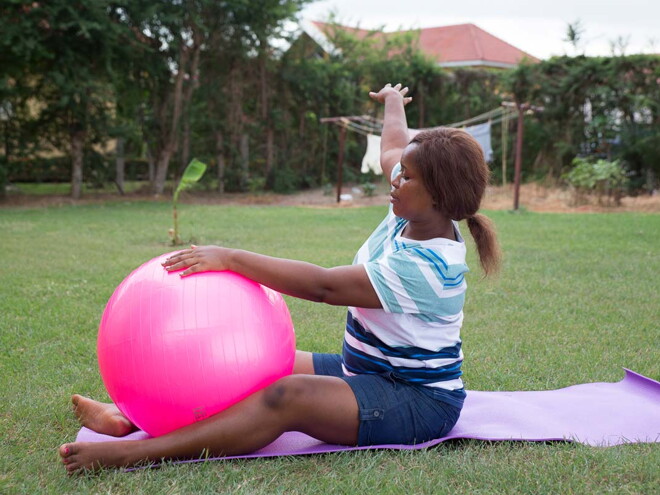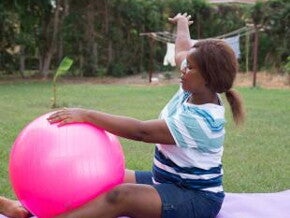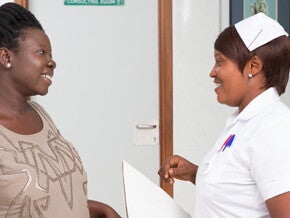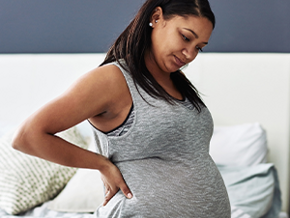
Pregnancy Exercising: The Basics
Hooray for exercise! That’s right, it’s not off limits just because you’re pregnant, you just have to be very careful and make sure you talk to your doctor before you start. Here’s what you need to know.
Get right to planning, because exercise can do so much for you physically, mentally and emotionally.
Exercise: It helps you…
- Keep your energy level up.
- Build up your stamina and prepare your body for labour.
- Sustain your pre-pregnancy fitness level (or maybe even add new active habits).
- Attain your healthy weight gain goals.
- Maintain healthy blood glucose levels.
- Minimize or alleviate common pregnancy symptoms like tiredness, constipation, backaches, leg cramps, and more. (Good riddance.)
- Speed your recovery once your baby arrives. (Yay!)
- Increase the chances that your baby is born at a healthy weight.
Before you get in the groove, here are some simple rules you should consider.
Rule #1: Check with your Doctor first
If you have a normal, healthy pregnancy, you can likely enjoy a light exercise program.
If you fall into a risk category, it could make exercising unwise.
Your doctor will advise the proper course of action if you have:
- Experience with a previous miscarriage or premature labour.
- Pre-eclampsia (high blood pressure during pregnancy).
- Heart or lung disease.
If you were not active prior to becoming pregnant, your doctor may recommend that you wait until the second trimester to begin exercising. Until then, keep up your daily activities such as taking a walk and using the stairs instead of the elevator whenever you’re up to it.
Rule #2: Know your limits
The key here? Relaxin, literally. Relaxin is a hormone that’s released during pregnancy to relax your joints and ligaments (lots of them, not just your hips).
The result? It’s easier for you to deliver your baby, but it’s also easier for you to hurt yourself.
Make sure you warm up and cool down, and definitely avoid certain exercises, like:
- Deep knee bends
- Full sit-ups
- Full-leg raises
- Straight-leg raises
Rule #3: Skip certain activitie
You have increased weight due to your baby, and a shift in your centre of gravity means your coordination and balance will be off, so the potential for a fall or injury increases.
Avoid:
- Anything that could result in abdominal trauma
- High-impact sports
- Contact and fast-paced team sports
- Extreme sports
- High-impact weight-bearing exercises
- High altitude workouts over 1,800 metres or 6,000 feet (You may affect the amount of oxygen that gets to your baby)
Rule #4: Delete the heat
Exercising in hot conditions is not recommended1, so avoid:
- Outdoor activities in the afternoons when temperatures are high
- The hot tub or sauna
Rule #5: Take Month 9 slow
By now your body will probably be sending you the strongest messages, but just so you’ll have heard them here, too:
- Slow down or shorten your sessions if third trimester exercise seems too much of a challenge.
- Take it easy and start resting up for labour, if it feels right, in the final two to three weeks.
General Rules
Feel the beat! Always monitor your intensity level and heart rate throughout your workouts.
Hydrate, hydrate, hydrate! Drink plenty of water before, during and after you exercise.
Cool your jets! Make sure you don’t overheat.
It’s worth repeating that you should talk to your doctor before beginning any exercise program. Speaking of, you can find videos, with exercises designed to help you stay in shape while preparing your body for labour, all right here!
References:
1Chan J., et al. Hot yoga and pregnancy: Fitness and hyperthermia (Motherisk Update). Canadian Family Physician. 2014;60(1):41-42.













